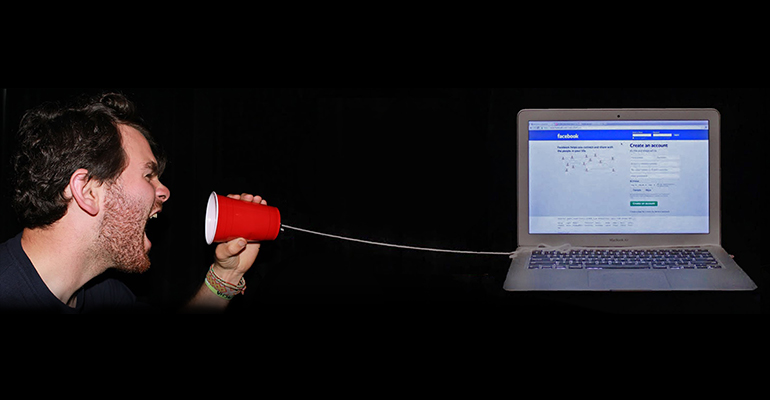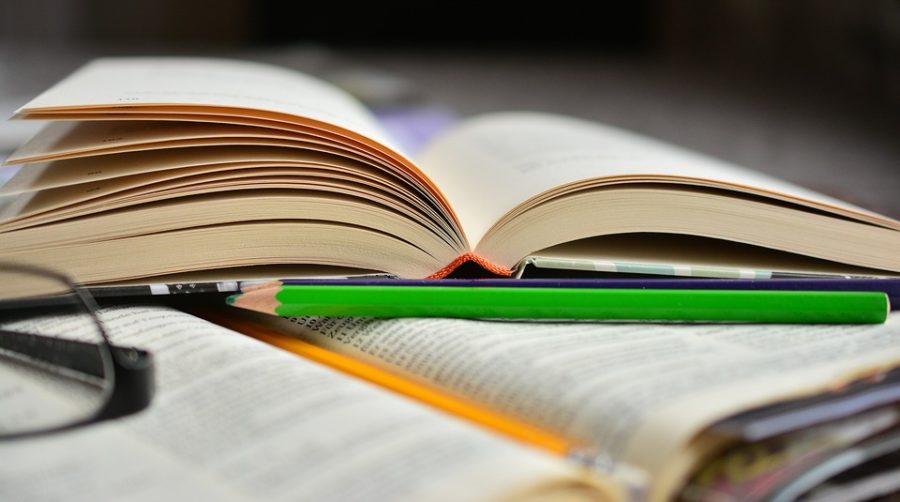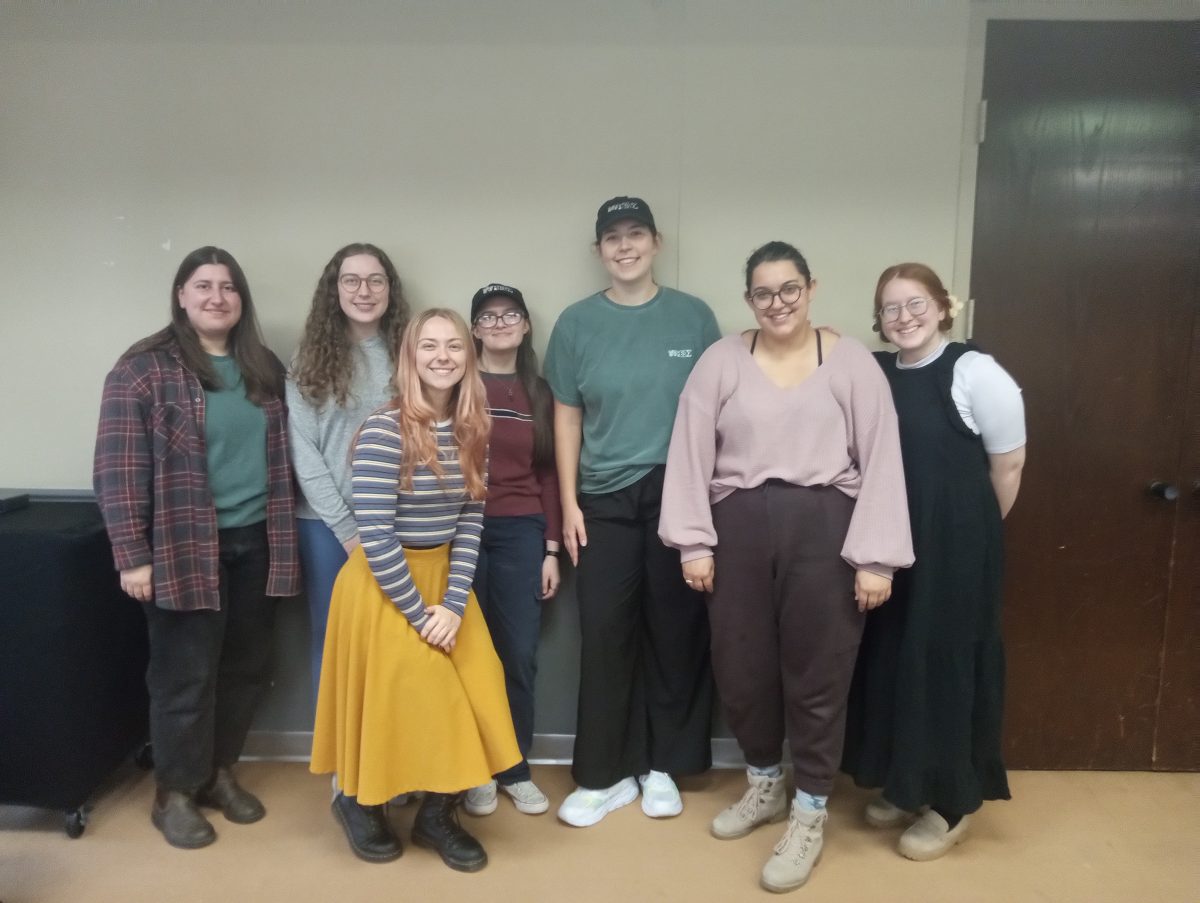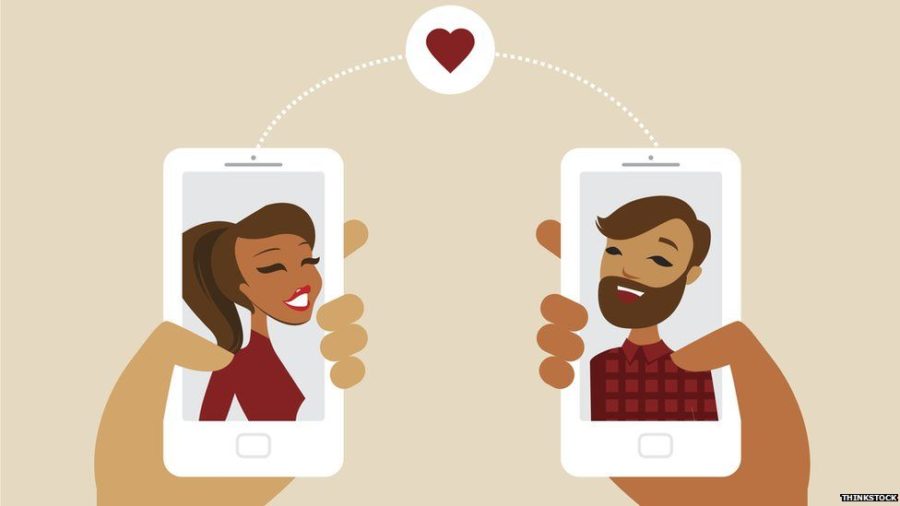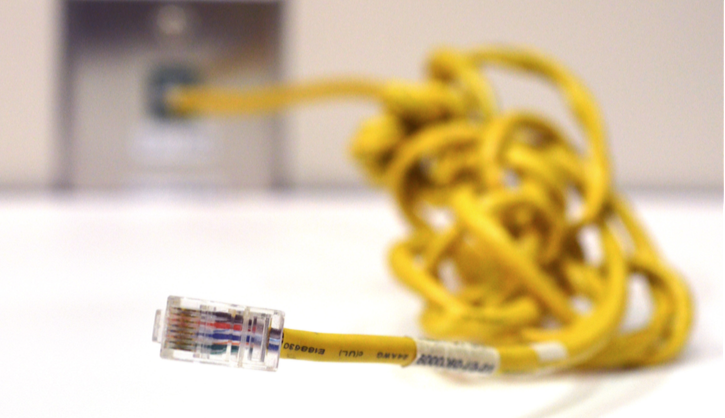A recent USA Today post by Jasmine Fowlkes, a recent mass communications graduate from the University of South Florida explained research which stated that social media is destroying society’s social skills because social media reduces face-to-face interactions, particularly among college students who are constantly surrounded by digital media.
“One in four people spend more time socializing online than they do in person. Even when there is an opportunity to see people face-to-face, up to 11 percent of adults still prefer to stay at home and communicate on their devices instead,” said a study done for the online casino Yazino.
According to the article, other studies have found that in-person communication is most important.
“Researchers have found word-of-mouth exchanges and in-depth conversation are still most influential,” Fowlkes said.
A University of California, Los Angeles study, cited by Stuart Wolpert in the UCLA Newsroom, found that students who avoided electronic devices were better able to recognize human emotions than students that spent hours using electronics. These findings agree with Fowlkes opinions on the importance of in-person communication.
“You can’t learn nonverbal emotional cues from a screen in the way you can learn it from face-to-face communication,” said Yalda Uhls, lead author of the UCLA study and a senior researcher with UCLA’s Children’s Digital Media in Wolpert’s article. “If you’re not practicing face-to-face communication, you could be losing important social skills.”
Fei Xue, an associate professor and associate director in the School of Mass Communication and Journalism at The University of Southern Mississippi, discussed the impact social media have on humans’ lives.
“Research has shown spending too much time on social media could hurt an individual’s social skills,” Xue said.
However, he also said that these negative effects could be prevented, and social media could have positive effects. “If you look at social media as a part of life, not your entire life, it could help maintain a healthy social life,” Xue said.
“The jury is still out on the effects of social media on social skills,” said Ann Kinnell, chair of the Department of Sociology and an associate professor within the department at Southern Miss.
“Some studies find positive effects, some find negative effects. It seems to really depend on the type of social media, the psychological characteristics of the person, etc,” she said.
As an echo to Kinnell, Lakelyn Taylor, a sophomore communications studies major, agreed with Kinnell that many factors had to be considered when making any judgment about social media’s effects.
“It can be said that social media sites can harm social skills,” Taylor said. “However, these sites should not hold the sole blame for that. You cannot blame social media. You must blame the person because it is their choice to make. Social media isn’t the sole reason for a lack in communication.”
Xue also mentioned some of the specific potential benefits of electronic communication.
“Social media (may) also provide an opportunity for individuals who may be afraid of speaking in public to become more vocal online and make connections,” he said.
“It is sometimes easier for some people to communicate online, away from the pressures of in person communication,” Taylor said.
As to whether or not social media really harms social skills, Kinnell remarked succinctly, “I think the upshot is that, as with any technology, there are both positive and negative effects.”
Still, it may be important to remember Fowlkes final comment, “Nothing replaces the once-in-a-lifetime experiences and memories made in college, and believe it or not, even with modern technology, those moments and feelings can’t be tweeted, Facebooked or emailed.”






















